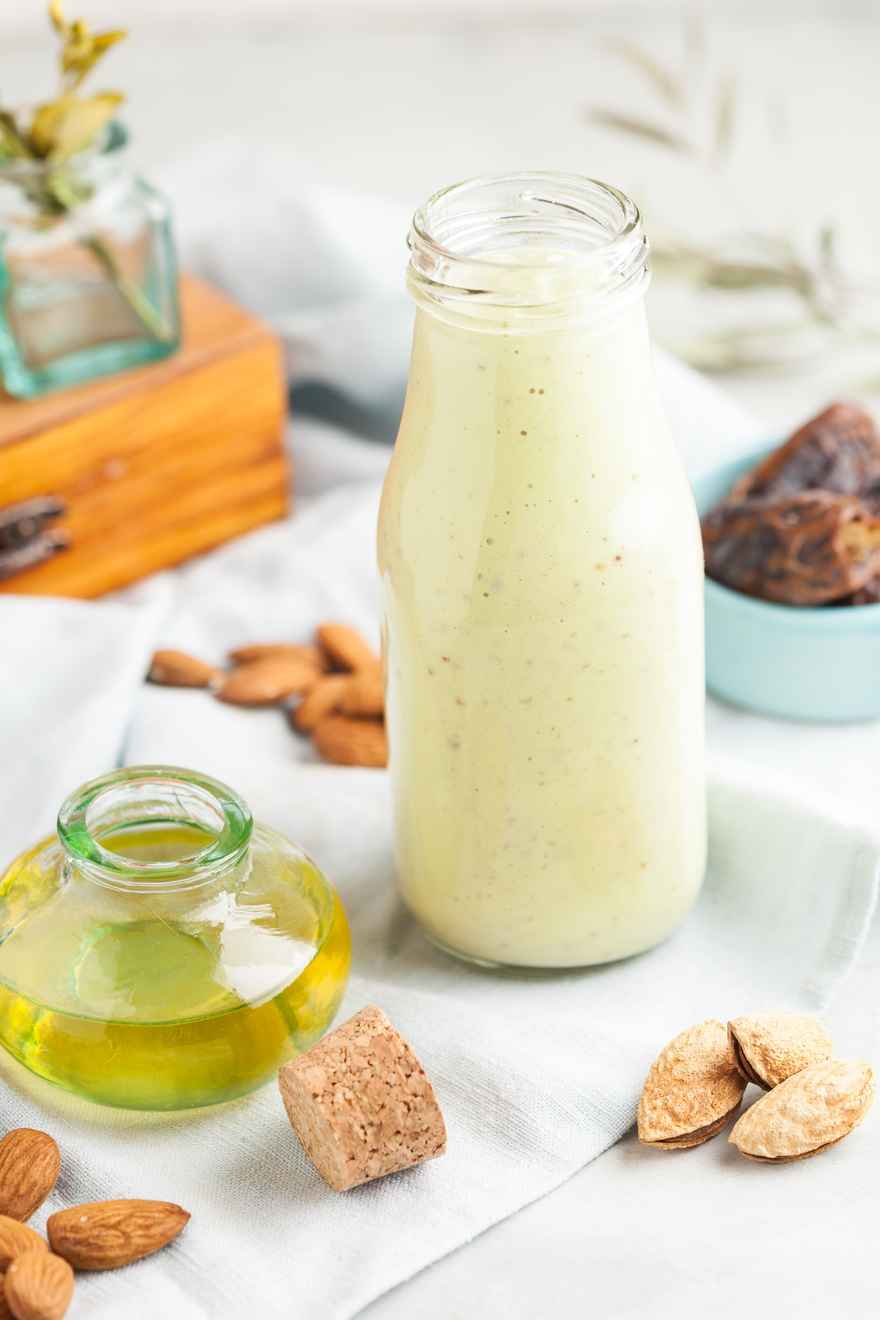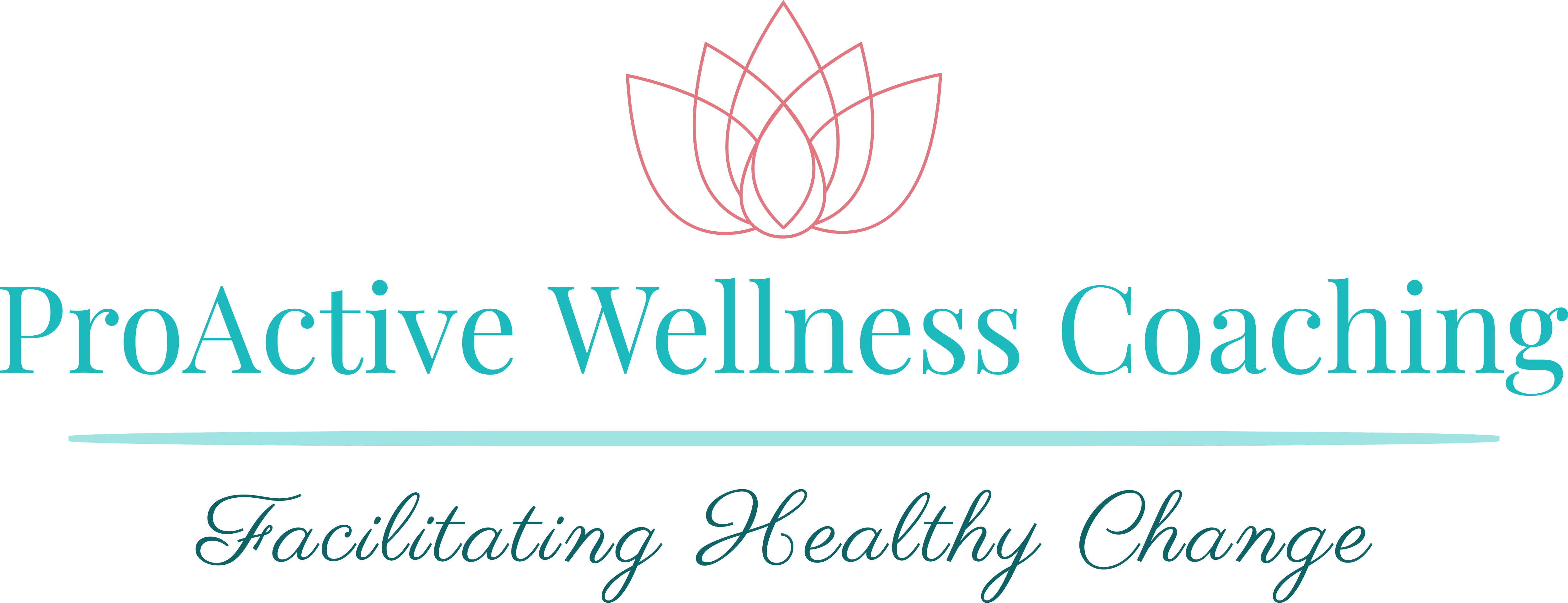
Is All Fat Created Equal?

If you were alive and aware in the late 80's and 90's (and even into the last decade) you probably had an underlying understanding that F-A-T was B-A-D.
We were given all sorts of messaging on TV shows, commercials, magazines etc (even the youth-centered magazines geared toward pre-teens!!) that fat was bad, and we should be eating "low fat" and "light" everything...
The problem with all those low fat and light foods was, they never told us what they were replacing the fat with to make it still taste so darn good.
(Most often it was sugar and salt.)
But we were led to believe that as long as it was low fat, it MUST be healthy, right?? Right??!!
<insert Pep-squad girl from Fast Times at Ridgemont High voice>

Not everyone fell into this craze of Snackwells and Tab. But for those of us who were subjected to the relentless messaging, you may have some deep rooted beliefs about food that you don't even realize.
But what if I told you that fat is actually GOOD for you?
It's true! Unsaturated (and even some saturated fats!) are good for you. Here are a few things about fat that can help to put some of the old and outdated beliefs to rest.
1) FAT = FLAVOR!! We need fat to enhance the flavors of herbs and spices and to provide richness to foods.
2) Fat provides longer satiation. It makes you feel full for longer. That's because fat digests the slowest of any of the macronutrients (carbs, protein, fat). When fat is eaten with proteins and carbohydrates, it slows digestion and reduces the chances of blood sugar spikes.
3) Fat improves digestion. Think of it as lubrication for the plumbing. I don't think you need more of a visual than that. 😂 (In that same vein, there is too much of a good thing! High fat diets and high fat foods can cause some digestive upset)
4) Cholesterol is important too! There are 2 different types of cholesterol: LDL (Low density lipoprotein) and HDL (high-density lipoprotein). LDL can build up in arteries and contribute to narrowing of arteries which can cause chest pain and even heart attacks. But HDL is necessary and essential to hormone production, building cells AND to controlling levels of LDL. HDL is considered protective, and should be higher than your LDL level. (remember you want LDL Low, HDL High). (1)
5) Fat facilitates the release of essential hormones, assists in absorption of many nutrients, and can help to suppress appetite for longer.
So, what should you look for when reading labels to ensure you are getting the helpful or beneficial types of fat?
Cook with and look for these oils:
Avocado Oil - it has a neutral flavor, high smoke point, and high in monounsaturated fat. Avocado oil is great for pan searing, using for cooking eggs and omelettes (or anything you don't want to stick to the pan), and substituting in most baking recipes. Avocado oil can be substituted in recipes calling for canola oil or corn oil in a 1:1 ratio.
Coconut Oil - this is a saturated fat, but from a plant source and it's high in Medium Chain Fatty Acids which are more difficult for the body to convert to stored fat. It also helps improve HDL (the good kind of cholesterol). Great for higher heat cooking, with a mild, almost sweet flavor and excellent in baked goods.
Extra Virgin Olive Oil - specifically Extra Virgin, not just "olive oil" which is not regulated and can have added oils and use caustic chemical extraction methods. Extra virgin olive oil (EVOO) is used in many Mediterranean dishes and some people even take a shot of it every day! Learn about EVOO from Queen Creek Olive Mill (I had the pleasure of visiting and learning all about Olive Oil here on a recent visit to Arizona!) This has a stronger flavor, but is excellent for roasting vegetables, and even delicious when used in baking!
Flaxseed Oil - High in Omega-3 fatty acids, which the body cannot produce on its own, are important for reducing inflammation. Flaxseed oil and flax seeds has been shown to have some positive effects on the symptoms of arthritis.
What about the other "healthy" oils we hear about?
While many mainstream and respected health organizations recommend oils like canola, soybean, corn oil and palm (or palm kernel) oil, these oils are processed with high heat and solvents to separate them from their natural source. They are then refined, bleached, and deodorized before being packaged and sold to consumers. This process is used to eliminate undesirable tastes and smells, create more neutral colors, and increase shelf life.
There are several studies which have shown that this process leaves trace amounts of hexane (a "special-use solvent" and cleaning agent) in canola oil specifically, but those traces have been deemed of "very little concern." You can decide how much of that solvent you'd like to ingest annually. (2)
Palm oil (or palm kernel oil) can be desirable for its low trans fat content so is often used in commercial baked goods, snacks, and spreads. However, it is often harvested in a way that destroys natural habitats of many endangered species and is contributing to massive deforestation of unstable ecosystems. (3)
For myself, and my family, we choose not to use these oils whenever possible because there are alternatives that do not need to be so modified from their natural sources, are less of a burden on the environment, perform just as well, and are readily available. However, if we didn't have access for some reason to what I consider healthier alternatives, we would use these sparingly, and try to find ways to minimize our oil use in general.
What About Animal Fat?
Fat from red meat contains cholesterol, and most of it is in the form of LDL, which should be reduced. Consuming red meat with higher fiber foods like fruits, vegetables and whole grains can help the body to process and eliminate more of the fat in food rather than storing it.
Dairy products like butter and cheese are also higher in saturated fat. Cheese does contain some protein and isn't all bad. Some people believe that grass fed or farm-fresh butter have health benefits that outweigh the possible risks of saturated fat when consumed as part of a diet rich in other minimally processed plant foods.
Lower fat dairy and fermented dairy like yogurt and kefir have lower levels of saturated fat (and overall fat content) and are considered a part of a healthy, balanced diet for those who are not sensitive to it.
Fish also contains varying amounts of fat, many are high in Omega-3 Fatty Acids, which are beneficial and necessary for our immune, neurological and cardiovascular health. While farmed salmon has the highest concentration of Omega-3's per serving, wild-caught is the next highest, and other milder tasting fish like cod, halibut, and mussels also contain high levels compared to other sources.

Avoid these oils and fats whenever possible:
Hydrogenated Oils - commonly found in vegetable shortening, margarine, fried foods, popular brands of nut butters, pre-made dough and ready-to-bake dough products, fried foods, commercially prepared baked goods, dairy and non-dairy creamers. Often added so companies can save money, increase shelf life, increase stability (prevent separation) and add texture. Hydrogenated fats have been chemically modified and studies have shown they are mostly saturated fats, which can contribute to high LDL, the form of cholesterol that affects heart health.
Partially Hydrogenated Oils (once common in popular brands of peanut butter and other spreads but now technically banned due to high trans-fat content)
Trans Fats - "According to the U.S. Food and Drug Administration (FDA), a company can label a food free of trans fats if the actual content is 0.5 grams per serving or less. This isn’t the same as 0 grams." This is also true for other micronutrients listed on food labels, in different quantities. Trans fats have been shown to contribute to cell death and have been linked to cardiovascular disease and Alzheimers. (4)
The take away
Labels are your friends, but the US FDA doesn't require 100% transparency.
Focusing on whole foods, and minimally processed foods with few ingredients that you can easily identify are a great foundation for a diet that promotes health and wellness. Like everything else in life, I always recommend moderation, not deprivation.
But that doesn't mean you can never eat a doughnut again!
Prioritize giving your body wholesome, natural foods: consuming a diet rich in plants (fruits, vegetables, whole grains) and clean, trusted-source animal products will ensure that when you enjoy the occasional indulgence, your body can process it in a way that prevents inflammation, blood sugar spikes and hormonal changes. When the majority of the food you eat gives you fuel to have the energy and motivation to tackle your days with ease and excitement, it's easier to continue making these choices!
If you'd like to start incorporating more foods into your daily routine that support natural energy and motivation, and you're ready to work on mindset shifts that keep you feeling excited (NOT deprived!) check out our Custom 1:1 Holistic Nutrition Meal Planning Program and get started! We provide a private 1:1 Holistic Nutrition evaluation and coaching session, and a whole month of 100% personalized meal plans so you can have the variety you want without spending hours in the kitchen every day!
Sources, and for additional reading:
(1) Cholesterol, Myths and Facts, Centers for Disease Control and Prevention: https://www.cdc.gov/cholesterol/myths_facts.htm
(2) Ask the Expert: Concerns About Canola Oil; Dr. Guy Crosby; The Nutrition Source, Harvard University TH Chan School of Public Health: https://www.hsph.harvard.edu/nutritionsource/2015/04/13/ask-the-expert-concerns-about-canola-oil/
(3) 5 Ways to Avoid Hydrogenated Oil; Cherney, Kristeen; Healthline: https://www.healthline.com/health/ways-to-avoid-hydrogenated-oil
(4) 11 Best and Worst Oils for your Health; Barrie, Leslie; https://www.everydayhealth.com/news/best-worst-oils-health/

0 comments
Leave a comment
Please log in or register to post a comment